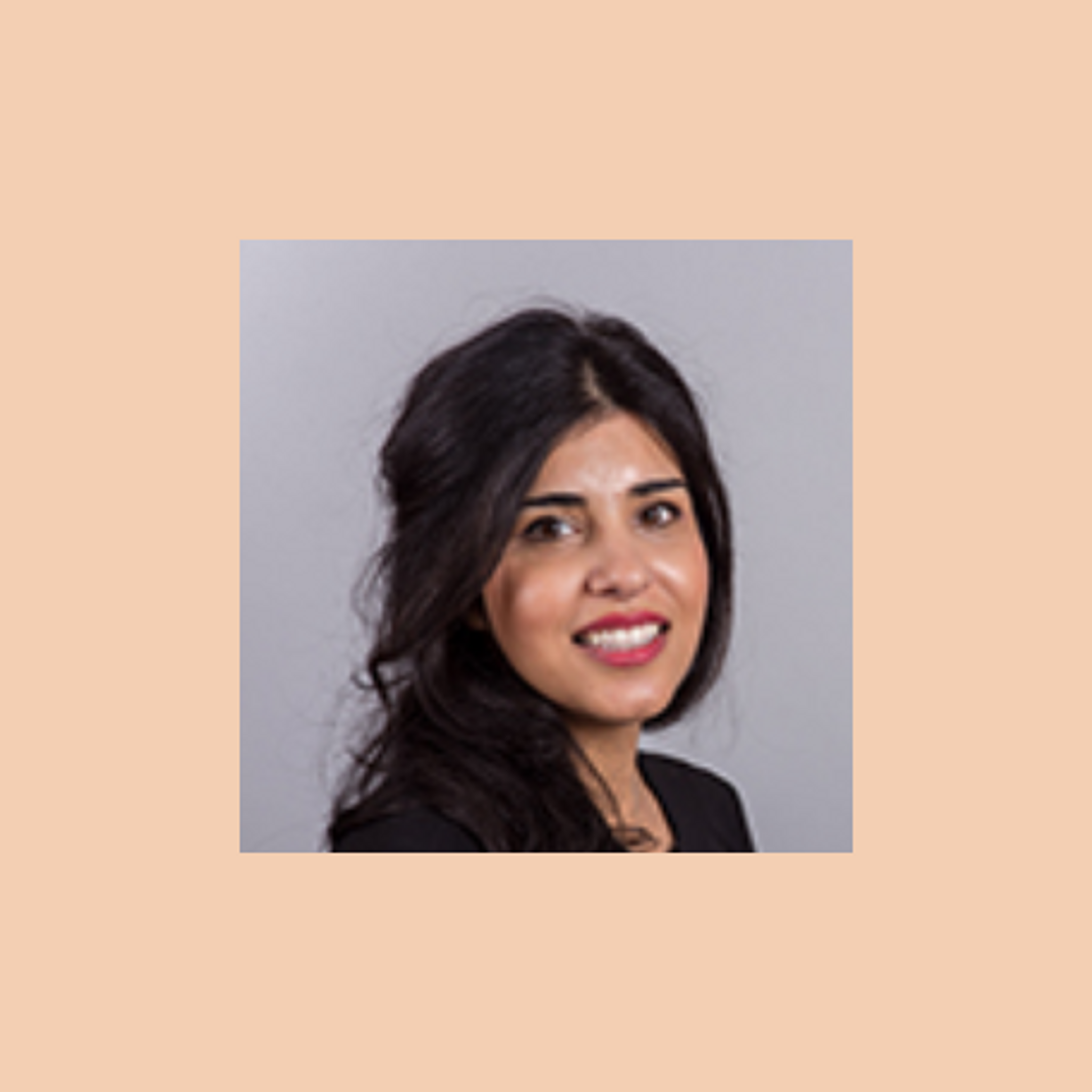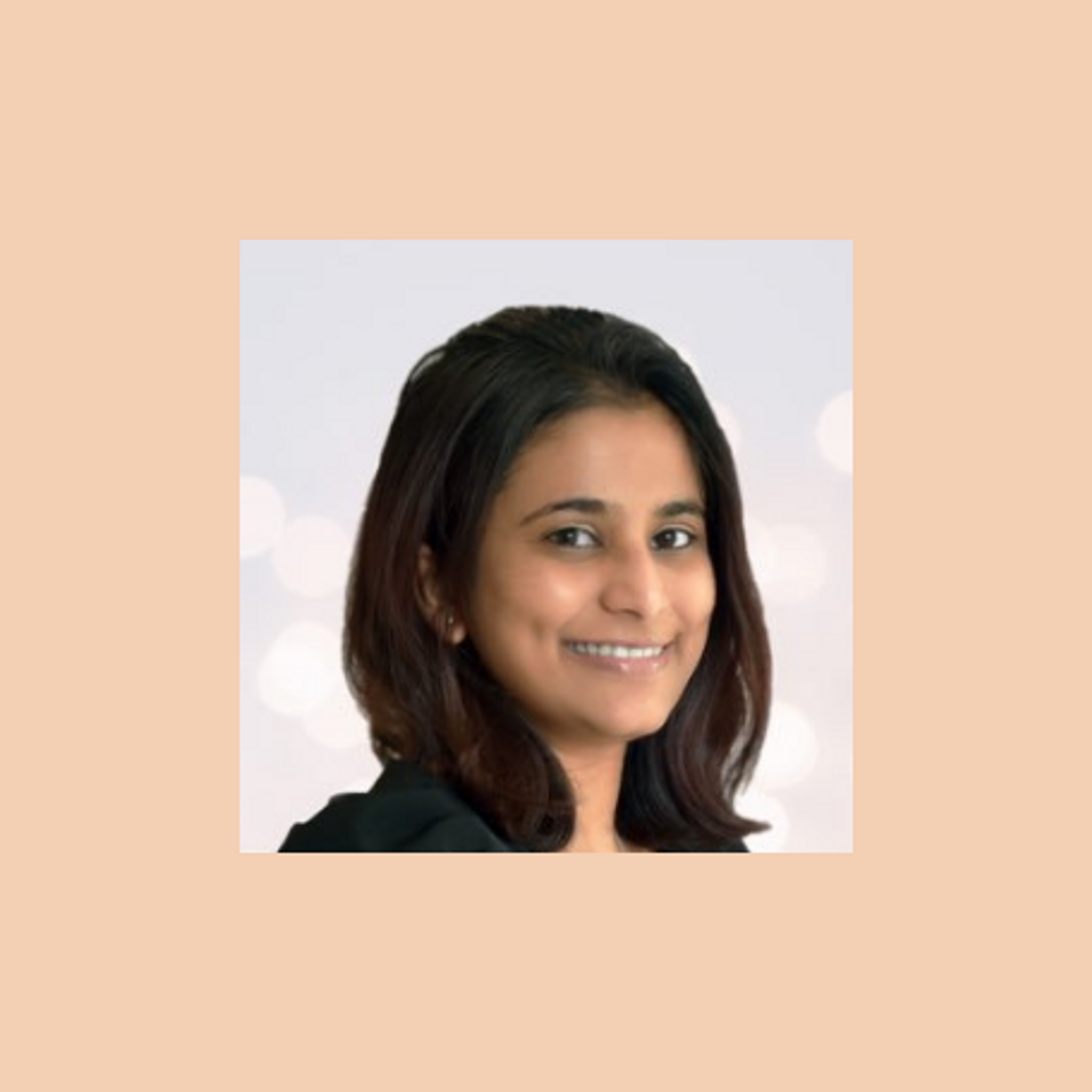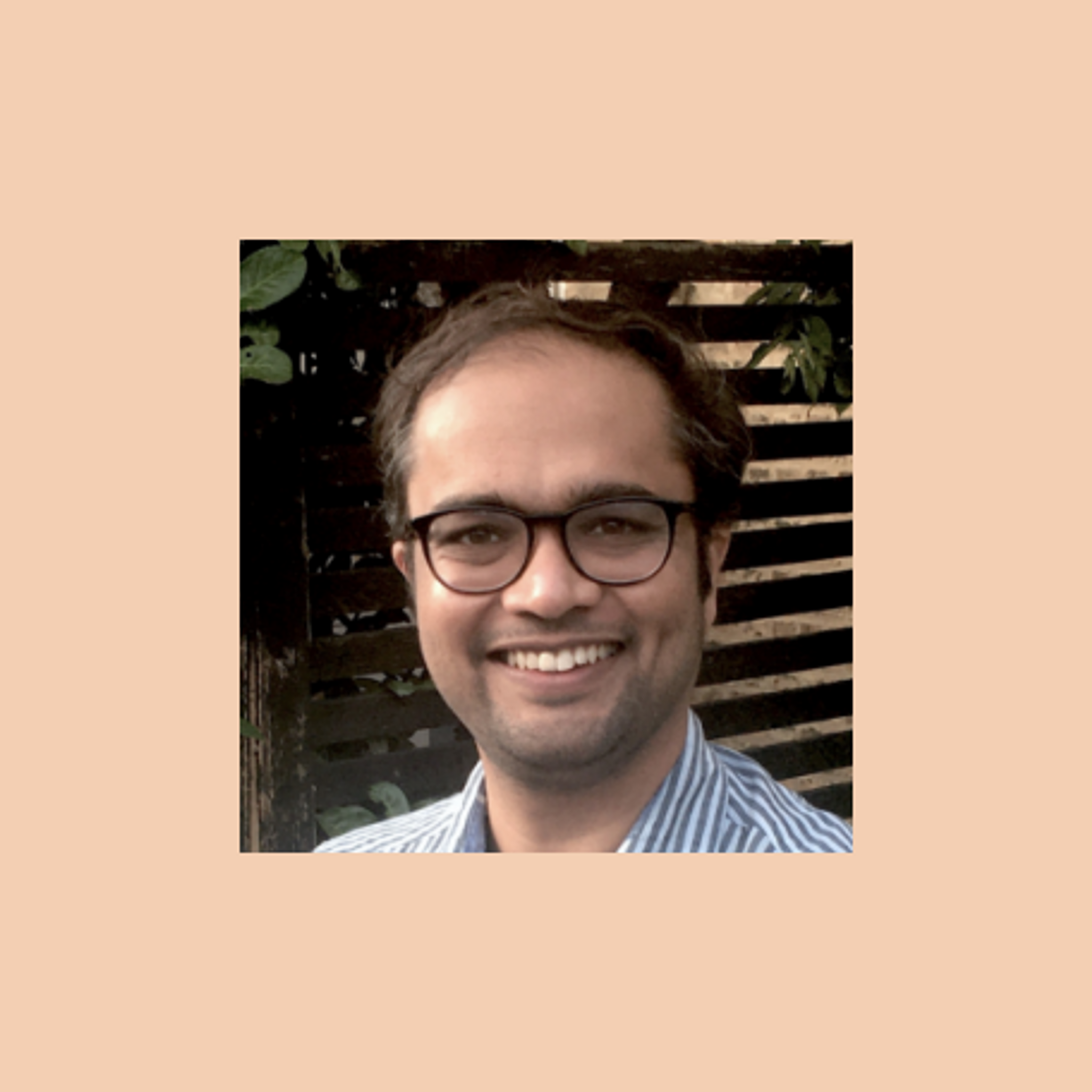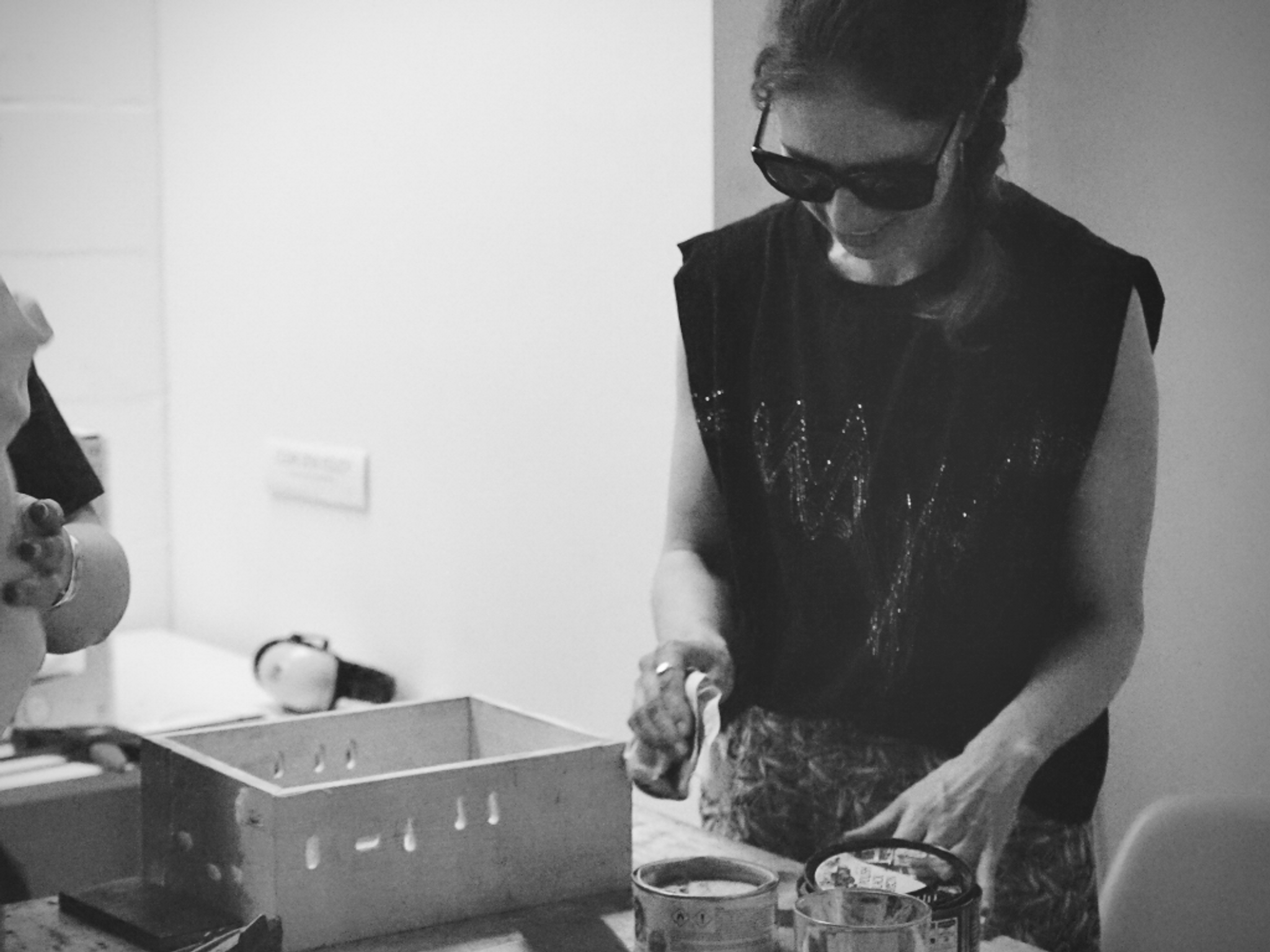Decolonising the built environment
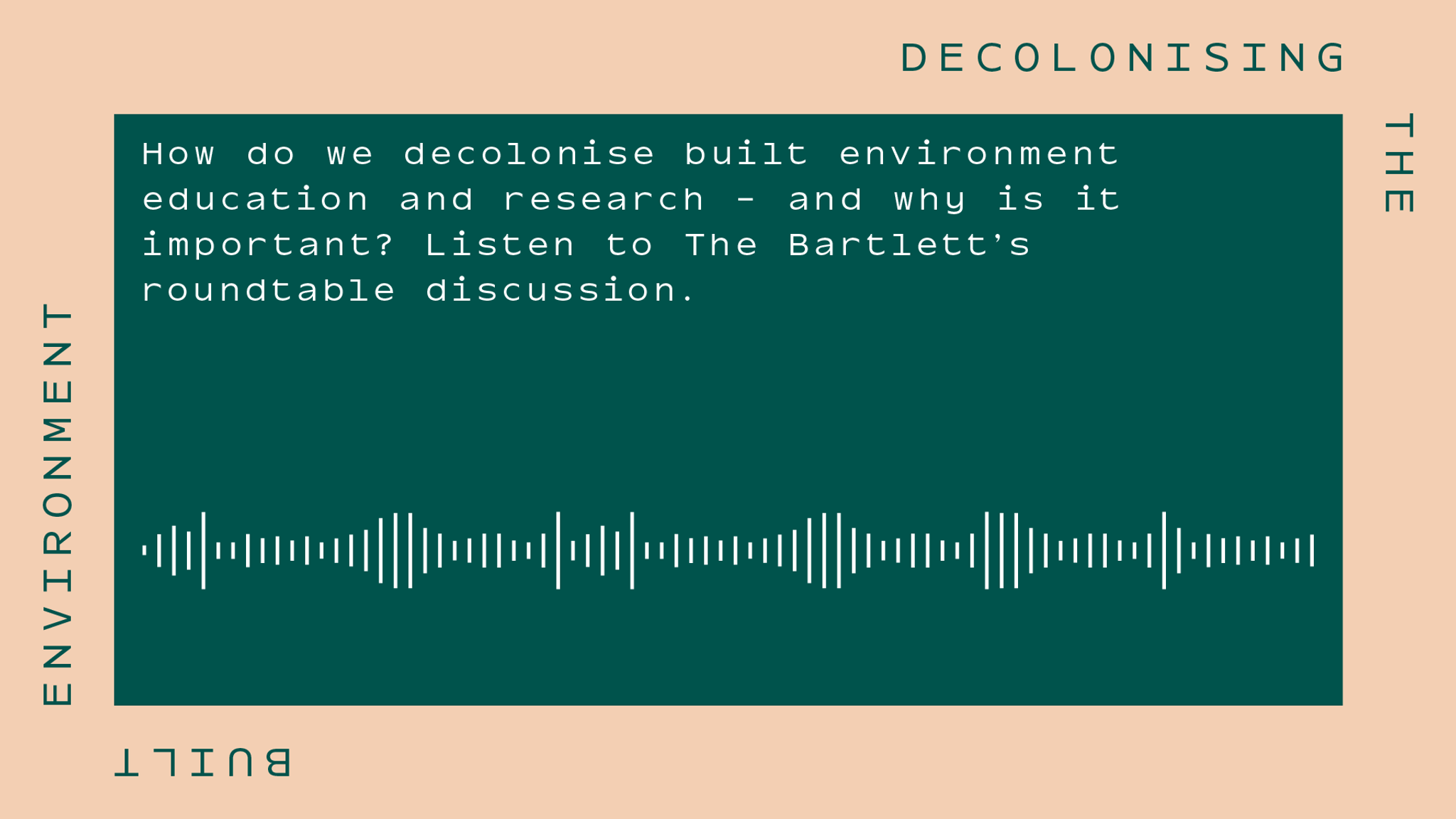
In this special podcast hosted by Sara Shafiei, we interrogate what decolonisation of the built environment means, what work is taking place, and what we can all do to form part of the change. We also hear from three guests – Dr Pakhee Kumar, Dr Scott Allan Orr and Dr Harshavardhan Jatkar – about the initiatives being activated by The Bartlett School of Environment, Energy and Resources at UCL.
Sara Shafiei (host) is Vice-Dean Equality, Diversity and Inclusion at The Bartlett Faculty of the Built Environment, UCL
Dr Scott Allan Orr is a Lecturer in Heritage Data Science at the UCL Institute for Sustainable Heritage (within The Bartlett School of Environment, Energy, and Resources)
Dr Pakhee Kumar is a Lecturer (teaching) in Sustainable Heritage and Data Analysis at the UCL Institute for Sustainable Heritage (within The Bartlett School of Environment, Energy, and Resources)
Dr Harshavardhan Jatkar is a Research Fellow in Energy, Urban Planning and Informal Settlements at the UCL Energy Institute (within The Bartlett School of Environment, Energy, and Resources)
Further reading:
Decolonising climate change–heritage research
Transcript:
Sara Shafiei:
The Bartlett is a multidisciplinary faculty examining fields of architecture, construction, urban design, analysis, planning and development, and public purpose and prosperity. We really feel that discussions on decolonisation can be understood and approached in a multitude of ways across all of these areas. And today we'll be thinking a bit about what these are and how some members of the faculty are undertaking work in this area.
So I'm pleased to welcome three of my colleagues who've been working on decolonising research and learning here at the Bartlett. Lecturers Dr Pakhee Kumar, Dr Scott Allan Orr, and Research Fellow, Dr Harsh Jatkar, all from The Bartlett School of Environment, Energy and Resources [BSEER]. So to start off with, I wonder if Pakhee you could touch on what decolonisation is and how you've addressed it in the work that you have been undertaking.
Dr Pakhee Kumar: Decolonising, for me, is being inclusive, hearing all voices and not silencing or sidelining any voice. My work mainly focuses on decolonising teaching. I work on creating an inclusive curriculum. I received funding from BSEER for a project on integrating EDI in teaching. As a part of this project, I delivered two workshops to BSEER students together with my colleague Priscila Carvalho, to raise awareness.
SS: Scott, what are your thoughts?
Dr Scott Allan Orr: In the context of my work in climate change and heritage, primarily looking at policy development, for me what it really means is diversification. And so that kind of looks at the epistemic basis for research, but also the development of actual policy and how that informs the practice. And really the main challenge here is that so much of what we have in terms of policy is informed – and continues to be informed – by colonialism.
So we see things like the underrepresentation of intangible aspects of culture and heritage, as compared to perhaps the physical preservation of monuments and sites. One example of that is if we look at the World Heritage Sites that exist in Mexico, currently there are 27 World Heritage Sites and only pre-Colombian sites – which are nine of the 27 – have any documented Indigenous value. So what we see over time, this represents a marginalisation of Indigenous heritage as part of that story, and I think that has to do with how the policy around World Heritage Sites and designation has been developed over time.
So it's looking at structures like these – the policy that says what is heritage, how is it being understood and how is it being documented and preserved? – that really needs to be changed. And that really means a diversification of the voices in the room.
SS: Great. Harsh, what are your thoughts on what decolonisation means to you and how you've begun to address this in your own work?
Dr Harsh Jatkar: So for me, decolonisation is a continuous project of undoing and unlearning colonial modes of thinking and knowledge production. Some of the key colonial modes of thinking include extractive behaviour, competition over resources, valuing hierarchies, suppressing the voiceless as Pakhee said, among other things. And while colonialism has been a formal structure of political economy in the past, colonial mentality is something that is prevalent in universities today, as we practise a process of knowledge production from agenda setting to research methodologies and research dissemination. So undoing and unlearning all of that is, for me, decolonisation.
SAO: One of the things that that's been interesting in the work that we've been doing is looking not just where researchers are working or the kinds of thing they're working on, but actually looking at where they're based. And one of the things that's come out in the work that we've done is actually looking at where the centres of thought leadership are. And even though there is work being done in collaboration between North and Global South, and on cultures and heritage of diverse populations, it's not necessarily being led by them in terms of thought leadership or in terms of where the kind of key priorities are emerging. So that's really interesting.
HJ: True. So I've tried to also practise the decolonisation in my research by centring intellectual ideas from, in my particular case South Asia, given my own knowledge of the region, but I suppose that is a practice that is possibly a practice of decolonisation. And the other practice I have tried to do is participate in an ongoing process of learning what does decolonisation mean in the first place? So I have participated over the past year in the Race and Space reading group that Dr Nick Hughes from ISR (UCL Institute of Sustainable Resources) initiated. And the purpose of the reading group was to create a platform to discuss what race and decolonisation mean. And I must say that I have been learning over the past year more and more about what decolonisation means. So I think that is an important practice to continuously do.
SS: Exactly. I think that's the most vital part of when we talk about decolonisation, is that it isn't an end. It's something that we constantly evolve and we all need to continue to learn and relearn everyday practices. Scott, you've touched on this a little bit, but it would be really great to know whether you agree that collaboration is a really vital part of decolonising. And if you could touch on some experiences with working collaboratively in this field, that would be amazing.
SAO: First and foremost, collaboration is absolutely essential in this field. I've been fortunate to work on quite a large authorship team, which was producing a white paper looking at the impacts and vulnerabilities of climate change to heritage, a team representing I think at least seven or eight countries from across the world. And I think the thing that really struck me as why collaboration was important is not in terms of just different methods that were used, not just in terms of different viewpoints, but it was in simply trying to formulate the questions we were going to answer in taking the grand challenges we were asked to address and scope them down into something that would actually be feasibly answered. That alone brought out some of the key challenges within the field itself in terms of decolonisation. So I think even from the beginning of those conversations of collaboration, you encounter some very deep and significant issues. And that's been one of the most interesting things to me about why collaboration is necessary in looking at this.
SS: Amazing, and you talk about kind of global collaborations – have there been also local collaborations that you've been working on?
SAO: Absolutely. So actually, most of my research is based in the UK, which in itself is interesting in that it might be considered a rather homogenous body of heritage – you know, similar kinds of sites, one people united by a country for a long time – but actually there is a lot of diversity in that. And not just in the heritage itself, but also in the people who are working on that. And so inevitably, those same conversations come up, and I think it's absolutely important to highlight that it is a process that has come up in those as well.
SS: Fantastic. And Harsh, could you touch a little bit on collaboration and how that's been vital in the work that you've been doing?
HJ: Yes, indeed. So collaboration, I must agree with Scott that it is important for decolonisation. One of the reasons I think the collaboration is important for decolonisation is to check your ideas about what decolonisation means with each other. So sometimes, as researchers sitting in a particular context like UCL, we might assume certain practices as being decolonisation, while collaborative process with researchers on the ground maybe in Latin America or Africa or Asia, sometimes we get from the collaborative partners, that what we think is decolonisation is not really decolonisation. So I think having that dialogue and having that collaborative effort to check our ideas against the lived realities of people is something important.
SS. Brilliant. And you also touched on challenges, and I wonder whether we can expand on this idea of challenges and everyone's experience when bringing awareness to this imbalance that we have of knowledge and experience. So what challenges have you faced, Pakhee, and how have you begun to address these?
PK: I think Sara I've faced many challenges. Today, I want to talk about two main challenges that I've faced so far. The first one is that the more work I do in this area, I realise that more and more work needs to be done. So, so far my work has focused on creating an inclusive curriculum and I realise creating an inclusive curriculum is not sufficient if the material itself is not accessible; then I question whether our built environment is accessible. I also question how can we empower our students to advance with equity and inclusion?
The second challenge I want to talk about today is that we are part of a system here and any change that we want to make in the system requires effort. And one of the challenges is that you need to continuously push for any change that you want to make in the system.
You also asked me, how do I address these challenges, right? I think, like we heard from Scott and Harsh, I address challenges through collaboration. My colleagues and I work together continuously to push for change, to build an inclusive curriculum. And I have to admit that doing this alone would have been impossible.
SS: And Harsh, how about within the work that you've been doing? What are the challenges that you've been facing and how have you overcome them?
HJ: So one of the main challenges I have faced in trying to create awareness about decolonisation and race and space issues is the accessibility of some of the texts that are foundational to this movement of decolonisation and race and space. So this this has come up in my own research and publications, for instance, but also in the Race and Space reading group that we have been conducting over the past year. So having that space and time to sit and read through some of the difficult texts, trying to understand what they mean and and how that might affect our everyday practice is a challenge. And I think being able to have regular spaces where people can come together, discuss ideas and have space to check your understanding of some of the concepts that are foundational to decolonisation is itself a practice that I think has helped a bit in overcoming that challenge of non-accessibility of some of the texts. And I think that needs to be more done.
SS: Yes, I fully agree. Scott, you wanted to come in?
SAO: Yeah. One of the challenges that we've actually observed in some of the work that we've done is that these conversations aren't able to happen partially because of gaps in funding and research-enabling funding. So one of the studies that we did actually pointed out that 66 of the publications in the particular review that we undertook of climate change and heritage literature only included authors from one region. And when we look at the opportunities that are available for international research in this area, we do see that, you know, yes there are funds available for international collaborations on climate change, but the appreciation of cultural-led approaches and studies focusing on heritage simply isn't as developed as those. So it's one of the things we've identified as a challenge, is that there aren't the infrastructures and the funding available to make those conversations happen.
SS: Yes, I agree. And also, you know, these challenges seem to be familiar wherever, whichever department you belong to within the faculty, and whether you're talking about local projects or global projects. And I think one of the challenges that I have seen, being a tutor, an academic, is also who is part of that conversation, who shapes our collective curriculum. And one of the opportunities that we've been looking at within the faculty is creating a collective curriculum hub – one that staff, students and even professional services can contribute to equally and be part of that shift and change. So I think who is part of the dialogue and part of shaping the future is also a really, really vital role that we need to consider. And when we talk about who is part of that collective, it’s also really important to think about decolonisation through an intersectional and interdisciplinary lens. And I think that is one of our big challenges within the faculty.
So for those who are listening to the podcast, what does this all mean? I wonder whether, Pakhee, you could start us off with what people working and studying in the built environment sector and around the world do and can do to tackle colonialism and take steps in contributing to decolonising their space and their field.
PK: I'd like to say take the initiative, you know, no matter how small you think your work is. We need everybody working towards decolonising our field. I was a part of the Race and Space reading group that Harsh mentioned. I learned a lot from there, and I think reading groups like this can help everyone understand the methodologies, the approaches and unlearn, as well, certain approaches that we take towards decolonising. So I would say, establish a reading group in your university or in your department if you already don't have one. And lastly, please don't leave it for a certain group of people to drive it. We need everybody to to work on decolonising our field.
SS: So get everyone involved. But also as part of that, perhaps, sharing the work that you're doing so that can become something that others can learn from.
PK: Absolutely.
SS: Great. And Scott?
SAO: In terms of what people can do, I think my one personal piece of advice would be, when you're starting to think about a research collaboration or research project, is assume nothing and try to start from a point where you don't come in with the values of your discipline or the culture or context in which you've been working most recently. Try to have those conversations at the start and think and deconstruct those values.
I find it really interesting, for example, to speak with civil engineers, which I do quite a lot of. And I think most disciplines underestimate how much those values have been ingrained in them through the training and education and experience they have. And I'm not suggesting this is limited to civil engineers, but I think challenging them to go a step before where they already think they know what the priorities are and what the main question is going to be, is something that we can all do a little bit of in our own research.
SS: And it goes back to Pakhee’s point about unlearning and and having no expectations and coming forward with a clean slate almost.
Thank you so much for sharing the work that you've been doing within your departments. It's been really fascinating to listen to it and I hope people will dig further and get to really learn from the experiences and the knowledge that you've brought to the table today.
